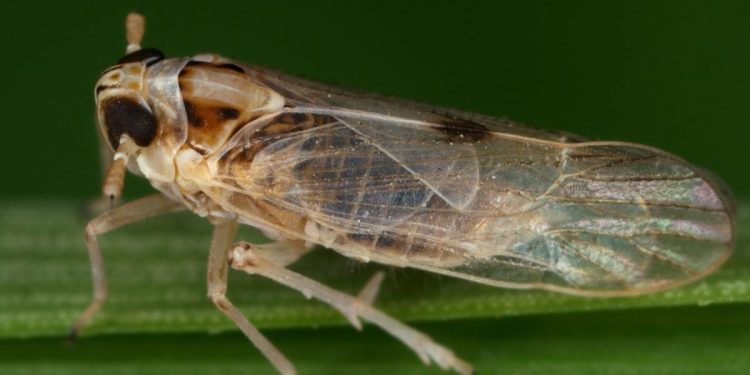#IPM #PlantResistance #FoodSecurity #SustainableAgriculture #SmallBrownPlanthopper #LaodelphaxStriatellus #BiologicalControl #Insecticides #CropRotation
Laodelphax striatellus, also known as the Small brown planthopper, is a major pest of rice and other cereal crops, causing substantial economic losses and food insecurity in many countries. With climate change exacerbating the problem by creating favorable conditions for the pest’s reproduction and spread, effective strategies to combat its infestations are urgently needed.
One approach to fighting Laodelphax striatellus is through integrated pest management (IPM), which involves combining various methods to reduce pest populations while minimizing harm to the environment and human health. These methods include cultural practices, such as crop rotation and maintaining soil health, biological control using natural enemies of the pest, and the judicious use of insecticides.
Another promising approach is the use of plant resistance, where crop varieties with natural defenses against the pest are developed and deployed. This approach not only reduces the need for insecticides but also provides a sustainable and long-term solution to the problem.
The development and adoption of these strategies have far-reaching consequences. By reducing the incidence of Laodelphax striatellus infestations, food security can be improved, and farmers can benefit from higher yields and lower production costs. Moreover, the use of sustainable and eco-friendly methods will reduce the environmental impact of rice cultivation, benefiting both the local ecosystem and global climate.
In conclusion, fighting Laodelphax striatellus infestations requires a multifaceted approach that integrates various pest management methods. By adopting sustainable and eco-friendly practices, we can not only combat the pest but also improve food security, increase yields, and safeguard the environment.





